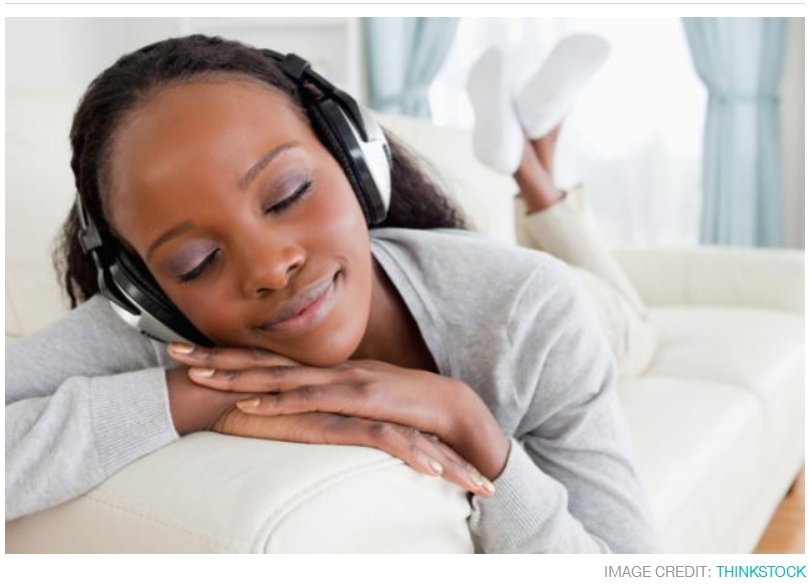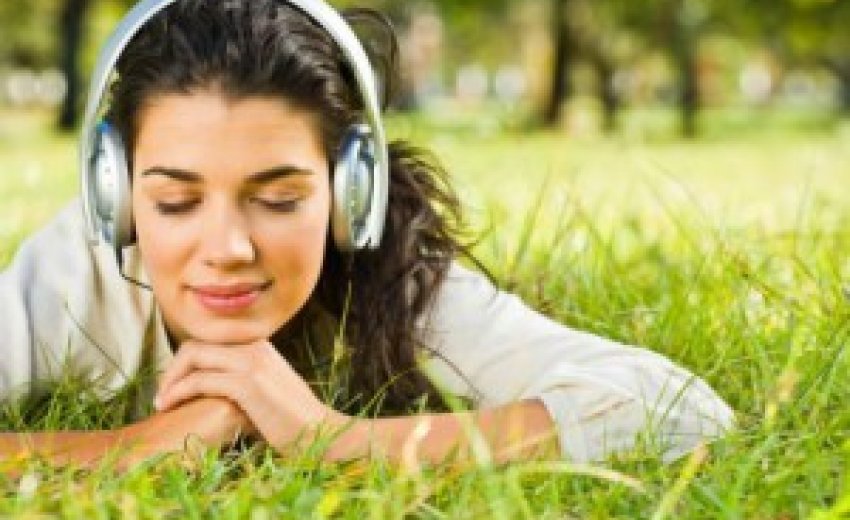
Music plays such a big part in our lives. All the shabads in Guru Granth Sahib are written in raag and taal to be sung. Why does music affect us so deeply? What happens to us physiologically when we hear or play music? Recent research gives some deeper understanding about this.
When your playlist strikes all the right chords, your body can go on a physiological joyride. Your heart rate increases. Your pupils dilate. Your body temperature rises. Blood redirects to your legs. Your cerebellum—mission control for body movement—becomes more active. Your brain flushes with dopamine and a tingly chill whisks down your back.
About 50 percent of people get chills when listening to music. Research shows that’s because music stimulates an ancient reward pathway in the brain, encouraging dopamine to flood the striatum—a part of the forebrain activated by addiction, reward, and motivation. Music, it seems, may affect our brains the same way that sex, gambling, and potato chips do.
Strangely, those dopamine levels can peak several seconds before the song’s special moment. That’s because your brain is a good listener—it’s constantly predicting what’s going to happen next. (Evolutionarily speaking, it’s a handy habit to have. Making good predictions is essential for survival.)
But music is tricky. It can be unpredictable, teasing our brains and keeping those dopamine triggers guessing. And that’s where the chills may come in. Because when you finally hear that long awaited chord, the striatum sighs with dopamine-soaked satisfaction and—BAM—you get the chills. The greater the build-up, the greater the chill.
GRAY AREAS
But there are competing theories. Neuroscientist Jaak Panksepp, for example, discovered that sad music triggers chills more often than happy music. He argues that a melancholy tune activates an ancient, chill-inducing mechanism—a distress response our ancestors felt when separated from family. When a ballad makes us feel nostalgic or wistful, that evolutionary design kicks into gear.
|
Why Do We Enjoy Listening to Sad Music? |
| July 11, 2013 — Sad music might actually evoke positive emotions reveals a new study by Japanese researchers published in the open-access journal Frontiers in Psychology. The findings help to explain why people enjoy listening to sad music, say Ai Kawakami and colleagues from Tokyo University of the Arts and the RIKEN Brain Science Institute, Japan. ....more |
And this may hint at another theory. The amygdala, which processes your emotions, responds uniquely to music. A somber tune may activate a fear response in the amygdala, making your hair stand on end. When that happens, your brain quickly reviews whether there’s any real danger. When it realizes there’s nothing to worry about, that fear response becomes positive. The fear subsides but the chill remains.
ANYTHING GOES
You can feel chills from any genre, whether it’s Mozart, Madonna, tango, or techno. It’s the structure—not the style—that counts. Goosebumps most often occur when something unexpected happens: A new instrument enters, the form shifts, the volume suddenly dims. It’s all about the element of surprise.
Well, maybe.
The most powerful chills may occur when you know what’s coming next. When our expectations are being met, the nucleus accumbens becomes more active. This ties back to that dopamine-inducing guessing game our brain likes to play. As a result, being familiar can enhance the thrill of the chill. (Perhaps that’s why 90 percent of musicians report feeling chills.)
Your personality matters, too. Scientists at UNC Greensboro found that people who are more open to new experiences are more likely to feel a quiver down their spine. (Possibly because open individuals are more likely to play instruments.) Meanwhile, researchers in Germany found that people who felt chills were less likely to be thrill seekers, but were more reward-driven.
